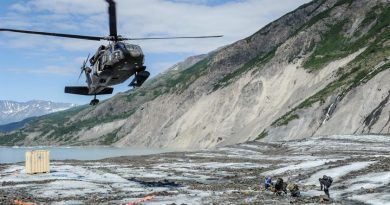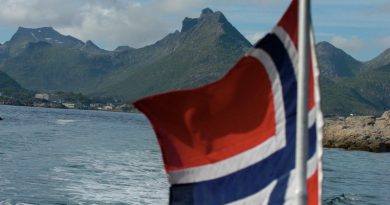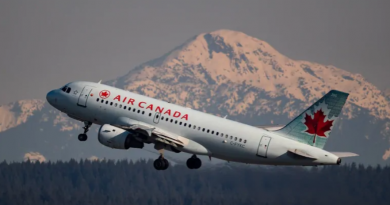Greenland’s new domestic and international COVID-19 rules in effect until March 6
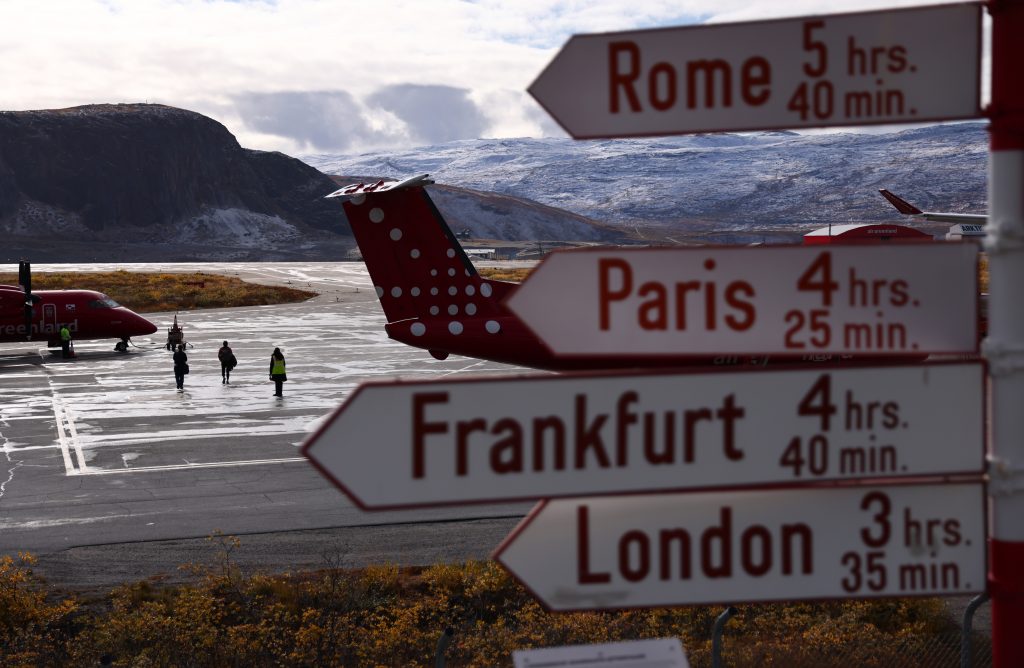
Greenland has extended and updated its international and domestic COVID-19 travel rules as of December 6 and will keep them in effect for at least three months, the government said in a series of announcements on Sunday.
As of Monday, all travellers into Greenland over two years old must be able to present a negative PCR test taken within 72 hours of departure. Starting from December 8, the test must be taken within 48 hours of departure.
Travellers who are not residents of Greenland are also required to show proof that they’re fully vaccinated.
Recreational boaters and cruise ship passengers are not allowed to disembark in Greenland if they’ve previously stopped in Denmark, the Faroe Islands or a foreign port within the last 14 days.
However, passengers ships can still dock in Greenland if no travellers or crew members go ashore.
Domestic travel
Those travelling domestically between Greenland’s towns or settlements must now be fully vaccinated or be able to show a negative PCR test done within 48 hours.
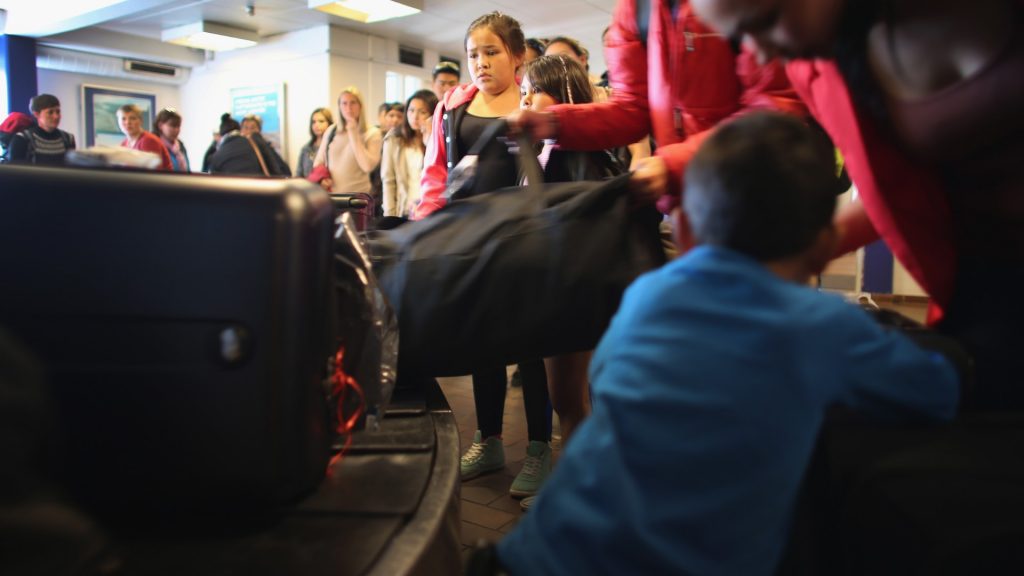
Unvaccinated people must quarantine for 14 days upon arrival at their destination, or until they’ve tested negative. While observing quarantine, visitors are able to go to grocery stores as long as they’re masked, but are otherwise banned from attending local events or gatherings.
Masking requirements
Masks are also now obligatory both in big towns and small settlements with COVID-19 outbreaks and where authorities have been unable to establish the infection chain.
Limited exceptions include places like stores if physical barriers like plastic have been put up blocking direct contact between the employee and the customers.
As of December 6, three communities fell under this ordinance including the capital city of Nuuk, Upernavik and its surrounding settlements, and the western town of Qasigiannguit
Restrictions to public places
Proof of vaccination, or proof of a negative COVID-19 test, will also now be required for those 12 years old and over to access public places like restaurants, bars, cultural events, hairdressers and libraries.
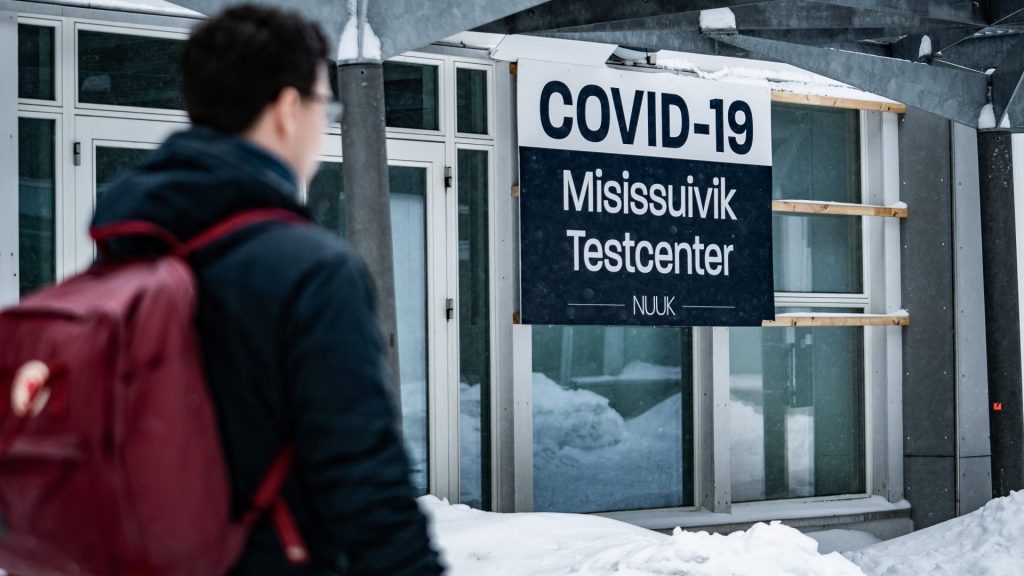
Essential services like airports, government services, grocery stories and airports will be exempt.
Towns and communities that have no testing facilities, or that have had no COVID-19 outbreaks within the last 14 days and where there are no unknown infection chains, will also be exempt from restrictions to public places.
As of Monday, December 6, Greenland was reporting 202 active COVID-19 infections.
All new COVID-19 rules are set to stay in place until March 6, 2022.
Write to Eilís Quinn at eilis.quinn(at)cbc.ca
Related stories from around the North:
Canada: Omicron variant cases in Canada prompt new travel rules for Nunavik, Quebec, Eye on the Arctic

